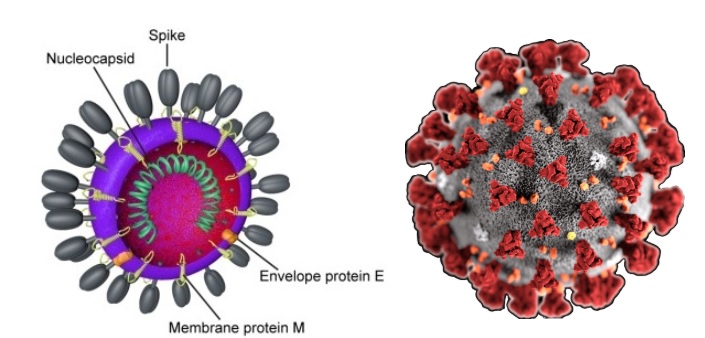Peptide libraries or pools allow the stimulation of SARS-CoV-2 (COVID-19) specific T cells to develop therapeutic vaccines or drugs. After successful stimulation, T cells can be detected and isolated for further research, as needed.
Combinatorial peptide libraries allow the characterization of critical features of B cell epitopes as well as MHC class I and class II binding epitopes, either natural or synthetic.
Peptide libraries can be synthesized in a completely random fashion or containing one or several defined sequences or positions within the peptide sequence. Also, combinatorial peptide libraries support the design of peptides useful as vaccines against infectious diseases such as COVID-19 as well as therapeutic vaccines against tumors.
Minimized epitopes provided as lipopeptides, as derived from library screens, are heat-stable, non-toxic, fully biodegradable, and can be used as such for T cell stimulation. Lipopeptides are known to activate antigen-presenting macrophages and cells to stimulate innate immunity via specific interactions with receptors of the Toll family.
Bio-Synthesis’s website offers Peptide Library Tools to help design peptide libraries useful for screening for highly active compounds such as antigenic peptides, or receptor ligands, antimicrobial compounds, and enzyme inhibitors.

Figure 1: Examples of peptide libraries. The overlapping library using peptides with 15 or 11 amino acids in length is one of the most popular libraries used for screening.

Figure 2: Illustration of the coronavirus structural model (left) and electromicroscopy image of SARS-CoV-2 (right). (Source: Wiki Commonns; CDC Commons).
The sequences of the coronavirus SARS-CoV-2 spike protein or surface glycoprotein (S, FASTA], the nucleocapsid phosphoprotein (N, FASTA), the membrane glycoprotein (M, FASTA), and the envelope protein (E, FASTA), as well as of all non-structural proteins can be used for the design of peptide libraries that allow screening for T cell stimulating peptide epitopes.
Reference
Robert G. Urban & Roman M. Chicz;
MHC Molecules. Expression, Assembly and Function. R.G. Landes Company, Austin, Texas, U.S.A. 1962. ISBN 0-412-10281-1.
The major histocompatibility complex and its function [
PubMed Books]
Karl-Heinz Wiesmüller, Burkhard Fleckenstein and Günther Jung; Peptide Vaccines and Peptide Libraries. Biological Chemistry 2001, Volume 382: Issue 4.
[PubMed]

Bio-Synthesis Inc. is pleased to offer a large variety of oligonucleotides and peptides for a number of research applications, including COVID 19 testing, analysis and vaccine development!
We also have COVID19 RNA controls such as those currently being used by FDA approved laboratories for COVID molecular testing !
---...---